8M1 Science
Section outline
-
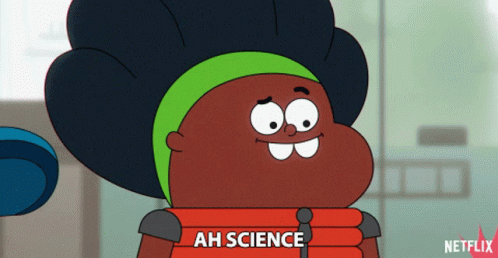
Kia ora, and welcome to your Pūtaiao (science) course page for 2021. My name is Ms. Katafono and I will be your Science teacher this year. This page is where you will find all the information you will require for your Science course. All tasks and assessments will be placed here as well as additional lesson notes and resources. Please make it a habit to check this page at the start of each week to ensure you are up to date.
Your kaiako here in the Mountains whānau hope that your year at MHJC will be full of fun and challenging activities that will see you grow as a learner. Enjoy this year and if there are any queries do come and see me or feel free to email me - mkatafono@mhjc.school.nz -

Kia Ora 8M1, while we are in lockdown for the next 3 days, I thought what you could do is catch-up on all the activities we did on adaptations last week. Unfortunately, we were meant to do the 'bird beak activity this week so as an alternative I've also popped up a video here for you to watch :)
Please complete and turn these in to me by Thursday. If you are done, you may decorate your first page with the title 'Science' and whatever pictures you associate with this.
Link for 'science in the summer' and 'Lab Safety' here.
Do what you can, and most importantly, look after yourselves. Stay safe and see you soon.
Any questions feel free to email me.
Arohanui,
Ms. Katafono
EXPLORE / TŪHURA learning intentions:
- We are EXPLORING to connect how living things have structural features and adaptations that help them survive in an environment
-

Kia Ora 8M1
This week we will be looking at Antarctica and cold habitats. What adaptations do living organisms have here, that help them survive.
Success Criteria: I can/have...
discuss some ways in which animals and plants are adapted to live in cold, dry climates
Activities:
- Google classroom
- Blubber experiment
Homework:
Education perfect homework will be assigned and added onto google classroomEXPLORE / TŪHURA learning intentions:
- We are EXPLORING to investigate ways in which animals and plants are adapted to live in cold dry climates
-

Kia Ora 8M1. We're back in lockdown for a week, so the first thing I want to say is stay safe, and look after yourself and your mental health.
In terms of school work have a look at your timetable and try to follow that during the day so you're still in a sort of routine.
This week I've put up some work on google classroom. Link here
This will have worksheets, and brain pop activities.
If you've finished early I've put up a CAN DO where you'll watch a video and answer the questions. Link here
Sweet, any questions just email me :)
Arohanui, Ms Katafono
Success Criteria: I can
- identify ways in which different plants adapt to their environments
Activities:
- Link above
Homework:
optional CAN DO provided for students link aboveEXPLORE / TŪHURA learning intentions:
- We are EXPLORING ways in which different plants adapt to their environment
-

Kia ora 8M1, This week we are looking at plant adaptations
Success Criteria: I can/have...
- Describe the different ways that plant adapt to survive
Activities:
- On Googleclassroom
Homework:
Education perfectEXPLORE / TŪHURA learning intentions:
- We are EXPLORING ways in which different plants adapt to their environment
-
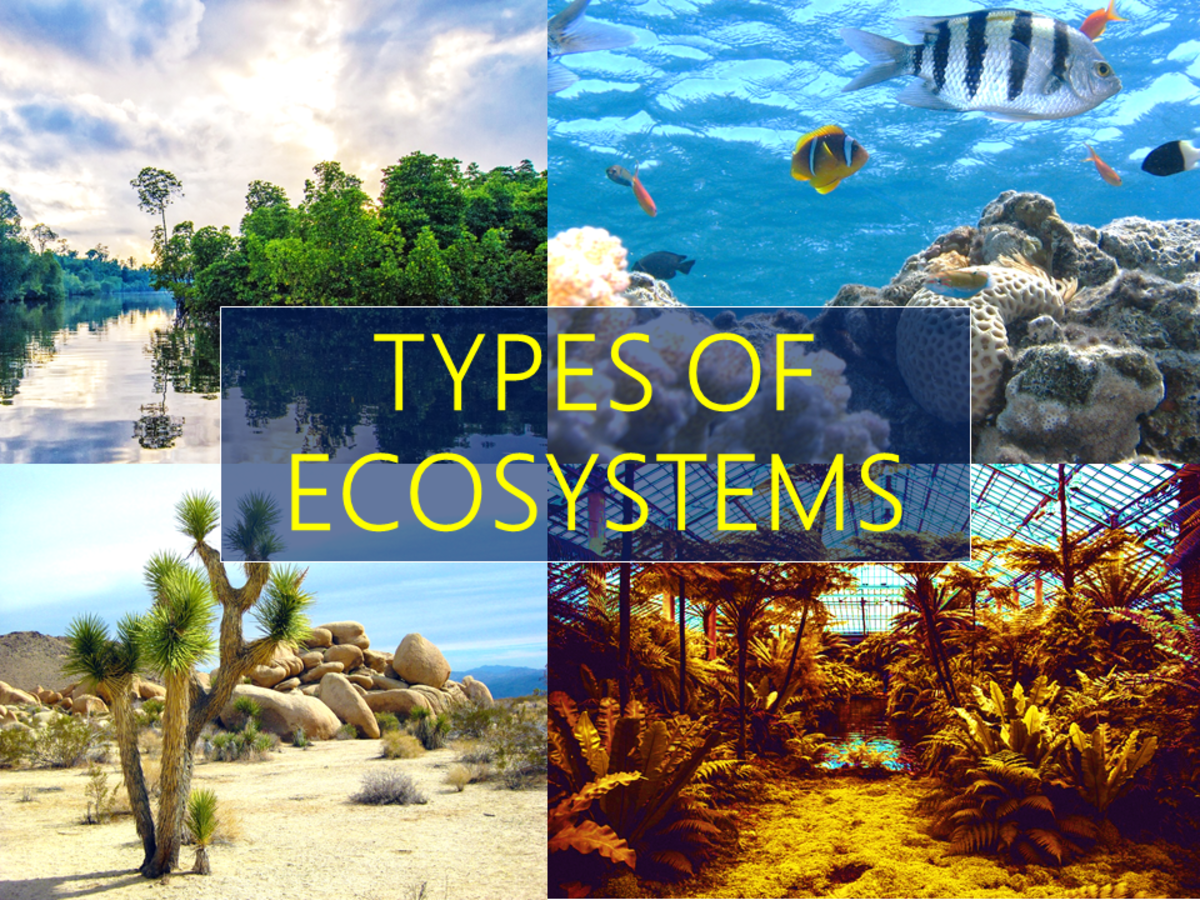
Kia ora 8M1
Success Criteria: I can/have...
- Define the term ecosystem
- Identify living and non living organisms in an ecosystem
Activities:
- On googleclassroom
Homework:
Education Perfect: 'Ecosystems'
FOCUS / ARONGA learning intentions:
- We are FOCUSING on the interactions of living things within an ecosystem by identifying their roles within food webs and food chains
-
Kia ora
Success Criteria: I can
- give examples of behavioural adaptations
- Explain how behavioural adaptations help organisms survive
Activities:
- On google classroom
Homework:
Education perfectEXPLORE / TŪHURA learning intentions:
- We are EXPLORING behavioural adaptations and how these help living things survive
-

Kia ora
Success Criteria: I can
- describe ecology as the study of organisms and their environment
- Draw a food chain and explain the energy transfers occurring
- Use food webs to identify feeding relationships
Activities:
1. Googleclassroom
2. hands-on interactive food web
FOCUS / ARONGA learning intentions:
- We are FOCUSING on the interactions of living things within an ecosystem by identifying their roles within food webs and food chains
-
This week will be revision, and I will give you your assessment. We will work on these during class.
Kia ora...
Success Criteria: I can
- Apply my understanding of the topic of ecology and design an animal as part of my assessment
- Apply understanding in explaining structural/behavioral adaptations in my organism that will help it survive
Activities:
- Hand-on activities, revision and in-class working on assessment
PLAN & DO / WHAKAMAHI learning intentions:
- We are PLANNING to design our own animal so that we can apply our understanding of adaptations and habitat to this
-

Kia Ora 8M1,
This is the last week of term (yay!) Your assessments are due this week.
Success Criteria: I can/have...
- Understand how different organisms have certain habitats to help them survive in habitats
Activities:
- Assessment due
- Guest speaker (marine biologist )
REFLECT / WHAIWHAKAARO learning intentions:
- We are REFLECTING on our understanding of adaptations and habitats through our assessments
-

Kia Ora ākonga,
Hope you all had a wonderful 2 weeks holiday. This term you context will revolve around music and performing arts. Within the science context we will be looking at physics - and in particular sound and movement.
EXPLORE / TŪHURA learning intentions:
- We are EXPLORING what sound is
- We are EXPLORING why sound is important
Success Criteria: I can
- Define what sound is
- Why sound is important
Activities:
- Paper cup telephone
- Googleclassroom
-
Kia Ora,
This week we will be investigating how sound waves travel and how different pitches are produced.
Success Criteria: I can
- Make connections on how and why objects make different sounds.
Activities:
- Water Glass xylophone experiment
- Googleclassroom ( scientific literacy article reading and experiment worksheet )
-
Noa'ia e' Mauri
This week we will be looking at the 'lali' a wooden drum and the sounds it produces. We will also be looking at how different mediums produce different sounds and why this travels faster/slower in different mediums
EXPLORE / TŪHURA learning intentions:
- We are EXPLORING how sound travels through different mediums
Success Criteria: I can/have...
- Understand the definition of a medium
- Why/How sound travels at different speeds in different mediums
Activities:
- Googleclassroom
- Video- Magic school bus and Connected article 'South Pacific Beats'
-

Kia Ora,
This week we will be looking at how we as human beings hear, and also how different animals hear and communicate.
EXPLORE / TŪHURA learning intentions:
- We are EXPLORING the different parts of our ear and how they function to help us hear sound
- We are EXPLORING how different animals hear and communicate using sound
Success Criteria: I can/have...
- label the different parts of our ear and how they function to help us hear sound
- Describe how different animals hear and communicate using sound
Activities:
- Observing what sound looks like experiment
- googleclassroom activity - echolocation
-
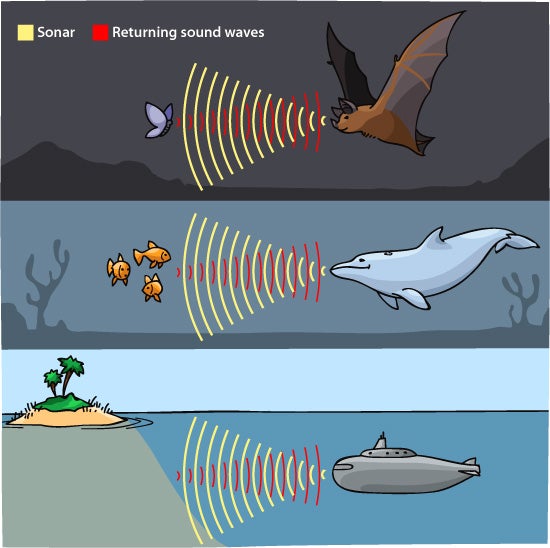
Kia Ora,
This week we will be working on our presentation in groups. You will be assigned to different animals and will present about the way in which your animal hears.
FOCUS / ARONGA learning intentions:
- We are FOCUSING on explaining how different animals hear
- We are FOCUSING on developing a group presentation of an assigned animal and learning to work together as a group
Success Criteria: I can/have...
- Explain how different animals hear in comparison to humans
Activities:
- Googleclassroom presentation
-

Kia Ora 8M2.
This week we will be watching a video linked to the bioluminescence literacy reading we did last week.
EXPLORE / TŪHURA learning intentions:
- We are EXPLORING what bioluminescence is by investigating different organisms
Success Criteria: I can/have...
- Understand what bioluminescence is
- Give examples of how organisms use bioluminescence
Activities:
- Video
Homework:
Brainpop: "Light" -
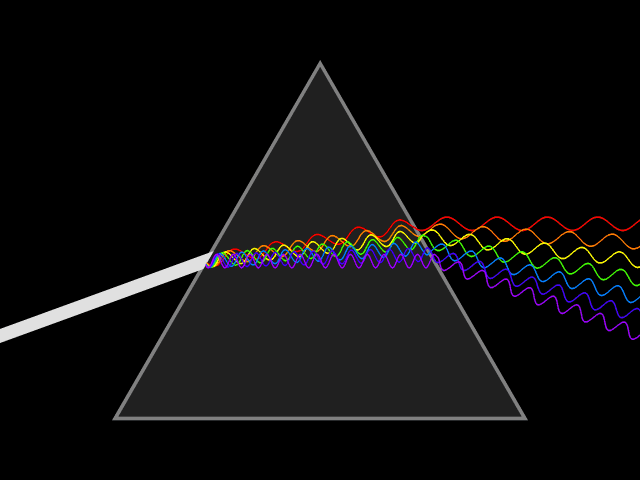
Kia Ora ākonga,
This week we move into the Light portion of our topic. We will look at the properties of light, colors, reflection and refraction
EXPLORE / TŪHURA learning intentions:
- We are EXPLORING the properties of light by experimenting with prisms and various lenses.
Success Criteria: I can/have...
- describe some of the properties of light
Activities:
- Magnifying glass experiment
-

Kia Ora Yr 8, this week we will be looking at how our eye works similar to the prisms and lenses we've been experimenting with.EXPLORE / TŪHURA learning intentions:
- We are EXPLORING how the eye works by connecting this to our learning of prisms and lenses
Success Criteria: I can/have...
- identify features of the eye
- to correctly label a diagram
- to explain the process and function of our eye
Activities:
- Eye model activity
Homework:
Brainpop light and eye activity -
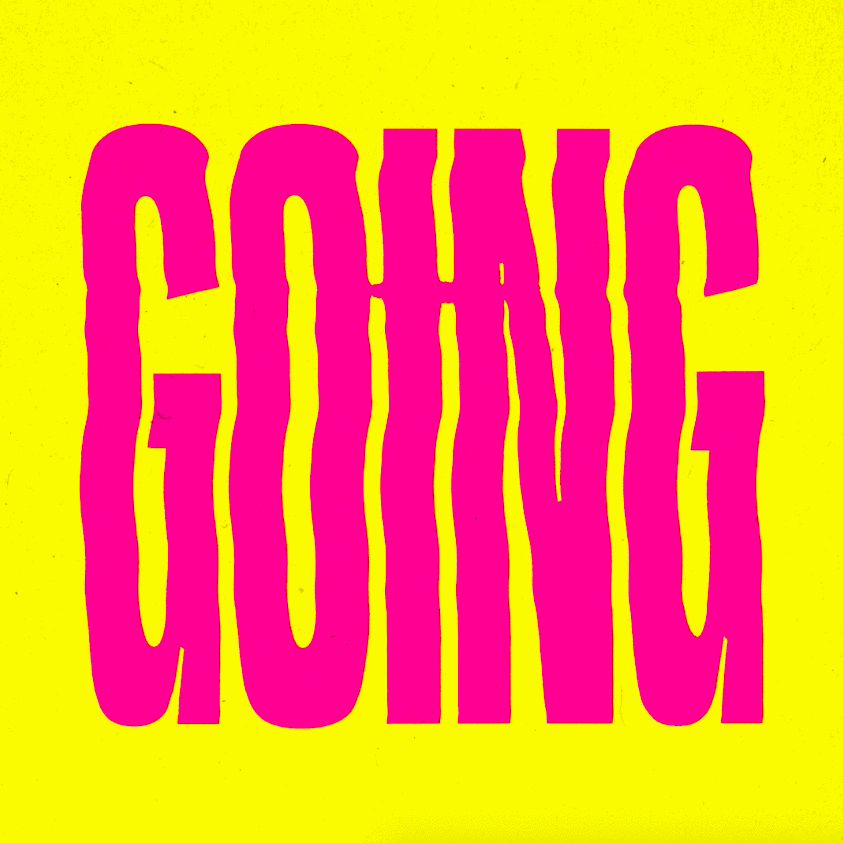
Kia Ora ākonga,
For the last 2 weeks of term we will be applying our learning on light and sound to our context of GOING VIRAL. You will be focusing on creating an educational video similar to the one you are doing in your performance classes.
FOCUS / ARONGA learning intentions:
- We are FOCUSING on our learning of light and sound by developing a 'viral' education video about it
- We are FOCUSING on enhancing our understanding of light and sound by explaining it through our viral video
Success Criteria: I can/have...
- Apply my understanding of light and sound by creating an education video with the information and how I can make it go 'viral'
Activities:
- Creating our 'viral' light and sound educational video
- Brain pop
Homework:
Brainstorming/planning how we will present our information in a video. ( Next week you will submit these) -
Welcome back to term 3 ākonga ! Hope you had a great 2 weeks holiday.
This term, you will be covering Mātai matū ( Chemistry ) within the Harry Potter Context. So you will be having potions class for the next 10 weeks.
This week we will start with learning some vocabulary and introductory content
EXPLORE / TŪHURA learning intentions:
- We are EXPLORING what matter is by recognising the difference between solids, liquids and gases.
- We are EXPLORING the differences between the types of matter by observing some of their properties and how they are organised.
Success Criteria: I can/have...
- state the 3 states of matter
- identify the differences in properties of the particles in each state
Activities:
- Brainpop activities assigned ( 'states of matter')
Homework:
Complete brainpop -
Kia Ora ākonga,
This week we will be focusing on the scientific method. This is the process or method that we use to research and record our findings.Scientists use the scientific method to study, learn, and come up with an answer!
EXPLORE / TŪHURA learning intentions:
- We are EXPLORING what matter is by experimenting with 'butter-beer icecream'
- We are EXPLORING by observing the 3 states of matter through rangahau
Success Criteria: I can/have...
- Define the steps of the scientific method
- Use the scientific method for experiments. ( This will be important for your assessment at the end of the term)
Activities:
- Scientific method sorting activity
- 'Butter beer' experiment - Recording this using the scientific method.
Homework:
Brainpop
FOCUS / ARONGA learning intentions:
- We are FOCUSING on developing a scientific method for our experiments
- We are FOCUSING on identifying the steps of the scientific method by conducting our 'ice cream' experiment and explaining the steps within it.
-
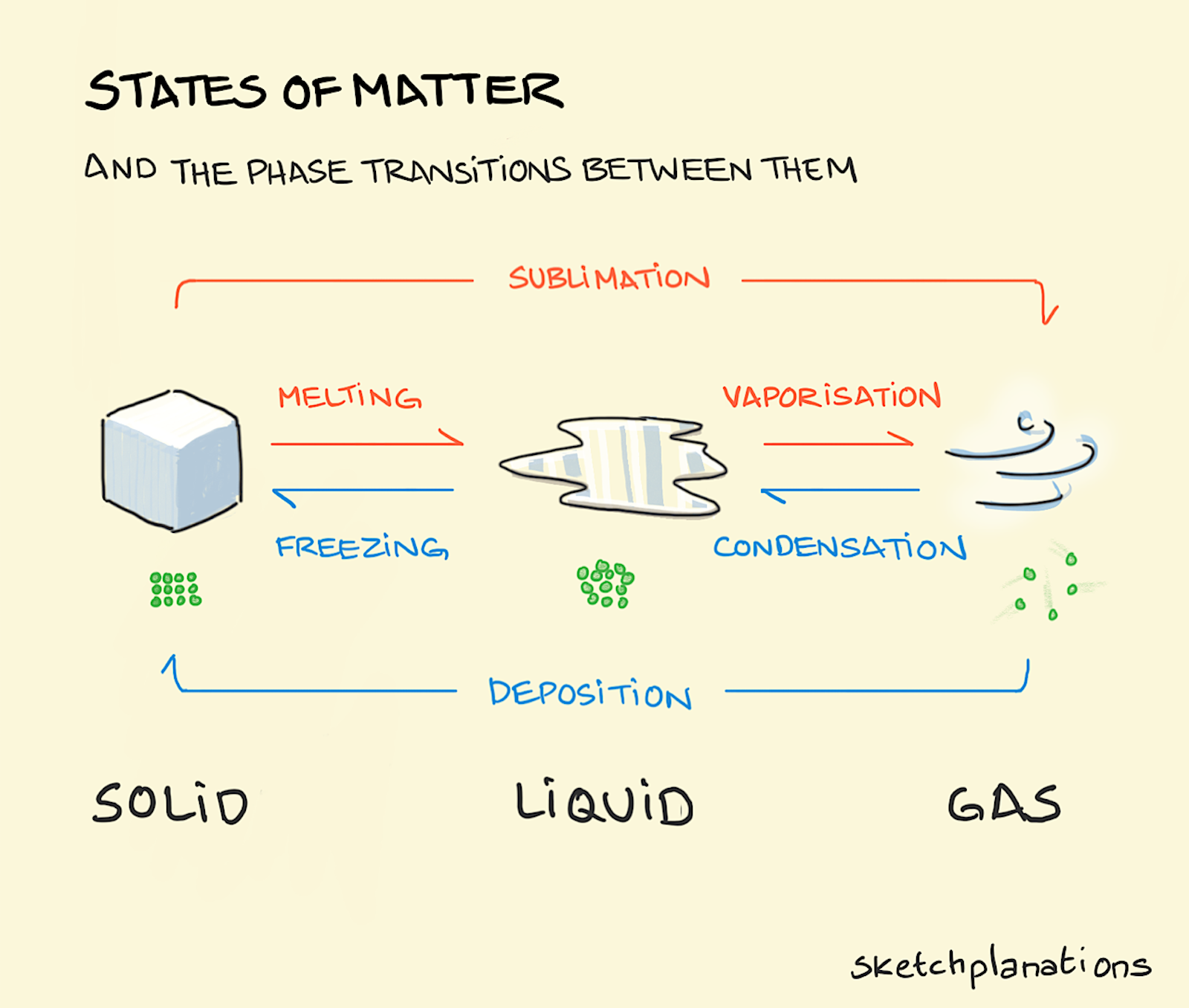
Kia ora ākonga,
This week we will be looking at the transitions between states of matter, and what elements, compounds and mixtures are.
EXPLORE / TŪHURA learning intentions:
- We are EXPLORING myths and legends by classifying the differences between atoms, elements, compounds and mixtures in Harry Potter
- We are EXPLORING myths and legends by recognising what atoms are and how all things are made up of atoms
Success Criteria: I can/have...
- Define what an atom, element, compound and mixture is
- Give examples of some elements, compounds and mixtures
- Explain the differences between atoms, elements, compounds and mixtures
Activities:
- Create an atomic structure - hands on activity
- Play-doh activity creating models of elements, compounds and mixtures
- Rotation station with different examples of elements, compounds and mixtures
Homework:
- Scientific Literacy reading- Brainpop
-

Kia Ora koutou, we're back in lockdown for a week so for the next 7 days , I'd like you to focus on your own physical and mental health first.
In terms of work, we will be revising our learning from the last few weeks. The links to the activities you are doing are on the must do can do document. Please make sure you check these and complete them. ( We are currently on elements, mixtures and compounds and starting atomic structure )
A few tips to help make this transition at home with school work easier:
1. Set yourself a timetable or schedule and keep your routines as normal as possible. (Eg. try and follow your class routines so if you would normally have Science in Session 3 on a day - then work on science during this time, then move on to the subject you would normally have in the next session etc. )
2. Allow time in the day for some physical activity or down time. ( Eg. go for a walk with your family to your LOCAL park or within your neighbourhood)
3. Do what's best for you and your family, and most importantly stay safe and hopefully I'll see you all next week.
Stay safe and well in your bubbles.
Arohanui,
Ms. Katafono
EXPLORE / TŪHURA learning intentions:
- We are EXPLORING myths and legends by classifying the differences between atoms, elements, compounds and mixtures in Harry Potter
- We are EXPLORING myths and legends by recognising what atoms are and how all things are made up of atoms
-

Kia Ora ākonga,
I hope you're all well and safe in your bubbles. Our first meeting is tomorrow ( please see the must do can do doc for links )
I have posted the slides on googleclassroom , make sure to pace yourselves and do what you can. It has all the work scheduled for the week so remember, do them when you would normally have science.
Week 5 Lockdown Science plan is as follows:
Tuesday ( Session 3) - Quick check in via Google meets. Work is on googleslides. Today's work is on chemical reactions . There is a video to watch and a worksheet to complete as you watch ( this is on google classroom) Bill Nye Chemical reactions .
Wednesday ( Session 1 ) - DIY experiment at home, 'making Oobleck ' , you will be writing down the scientific method of your experiment in your books ( Aim, Hypothesis, Method and your observations ). Take a picture of your book and either submit it with the slides on googleclasroom on Friday or email me :)
Friday ( Focused Friday ) - Scientific Literacy reading on Science News . Link is on the slides, so read through the article then answer the questions on slide 7 ( in your books). Finished early, then check that all work previously assigned on brainpop is now completed.
Any questions, feel free to email me.
Arohanui,
Ms. Katafono
EXPLORE / TŪHURA learning intentions:
- We are EXPLORING myths and legends by recognising that all things are made of matter and can be organised into even smaller parts called atoms
- We are EXPLORING myths and legends by observing the different parts of atoms and their functions
-

Kia Ora ākonga,
I hope you're all well and safe in your bubbles. Our first meeting is tomorrow ( please see the must do can do doc for links )
I have posted the slides on googleclassroom , make sure to pace yourselves and do what you can. It has all the work scheduled for the week so remember, do them when you would normally have science.
Week 6 Lockdown Science plan is as follows:
Tuesday ( Session 3) - Quick check in via Google meets. Work is on googleslides. Today's work is on physical and chemical changes. You will need your book to take notes.
Wednesday ( Session 1 ) - DIY experiment at home, 'observing chemical changes' , you will be writing down the scientific method of your experiment in your books ( Aim, Hypothesis, Method and your observations ). Take a picture of your book and either submit it with the slides on google clasroom on Friday or email me :)
Friday ( Focused Friday ) - No Scientific Literacy Reading, but there is a brainpop activity. Link is on the slides.
As always, any questions don't hesitate to email me or bring them to the Google meets :)
Arohanui,
Ms. Katafono
EXPLORE / TŪHURA learning intentions:
- We are EXPLORING chemistry by recognising the differences between chemical and physical changes
- We are EXPLORING chemistry by using observations to describe chemical and physical changes
-

Mālō e lelei 8M1.
This week I've paused adding new content. I would like you to look after your mental health, take a break from the screen, go out for a walk.
Use this week to catch-up on all the work that was given over the last few weeks on google classroom, brainpop and education perfect.
Next week we will continue as normal so use this opportunity to be kind to your mind.
Arohanui,
Ms. Katafono
-
Kia Ora ākonga,
This week we will be looking at the periodic table. So far we've looked at the states of matter, elements, mixtures and compounds , what matter is made of and zoomed right into the atomic structure of the atoms. Now we look at how the elements are classified. I have put all the slides for this week on google classroom. Each session of Science is highlighted so you know when and how much to do during your normal sessions of science.
All links and activities are on that slide so make sure to read through these carefully.
Week 8 Science Lockdown Plan is as follows:
Tuesday ( Session 3) : Slides will be released at 8.30am on google classroom. We have our google meets meeting at 11am where I will explain what you will be doing, check through last week's work and do a kahoot.
Wednesday ( Session 3): DIY experiment at home: 3 experiments on previous slides. If you have finished I have attached a link to nano girl's website and experiments.
Thursday/Friday ( Focused Friday ): Brainpop activity, link and code both on Slides. 2nd Google meet at 11.30am.
Don't forget to turn in the Week 6/7 Lockdown Science work on google classroom ( With your video experiment and method in book attached )
Any questions don't hesitate to email me or bring them to our meets.
Arohanui,
Ms. Katafono :)
EXPLORE / TŪHURA learning intentions:
- We are EXPLORING myths and legends by recognising how elements in the world are grouped in the Periodic Table.
- We are EXPLORING myths and legends by finding out how to read the information given on a Periodic Table
-
Be the teacher- Teach the class!
Kia Ora ākonga,
For the next 2 weeks you will be working on a project. You will each be assigned an element and will be presenting to us in our google meets (yay!) Basically, you get to do what I've been doing while we have been learning in lockdown ( talking to your screen to mostly hidden faces :)) I have attached a spreadsheet and the project instructions on google classroom. Have fun with your presentation, make it as engaging as you want!FOCUS / ARONGA learning intentions:
- We are FOCUSING on developing a presentation about an element and applying our understanding of chemistry through Kōrerorero during our G-meet online sessions.
- We are FOCUSING on explaining what an element is by identifying key facts about it.
-
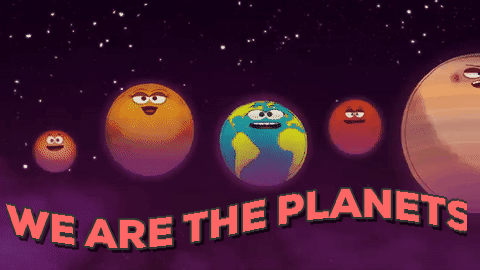
Welcome back to Term 2 ākonga. Sadly, we are still in lockdown and must continue through online learning. I do hope you are all well and safe within your bubbles.
This term we will be moving into Earth Space Science ( ESS) and will start with learning about the solar system and the planets. Similar to last term's structure - All google meets and instructions for each week will be on the must do can do document. Slides will be released on Google classroom at 8.30am on the 1st session of the week and will contain all 3 sessions work on this. You will follow instructions for the work and turn this in at the end of the week.
This week we are looking at the Solar System and our planets.
Success Criteria:
To identify the planets in our Solar System.
•To describe a planet in our Solar System.
•To create a scale model of the Solar System using a scale.
Activities:
- Fact Hunt
- Online Scavenger Hunt
- Creating your own Scale Solar System at home
EXPLORE / TŪHURA learning intentions:
- We are EXPLORING our context of Space Run by recalling the names of the planets and objects in our solar system in order and locating Earth in the Solar System.
- We are EXPLORING our context of Space Run by learning how to accurately measure and create a scales/scale models
-
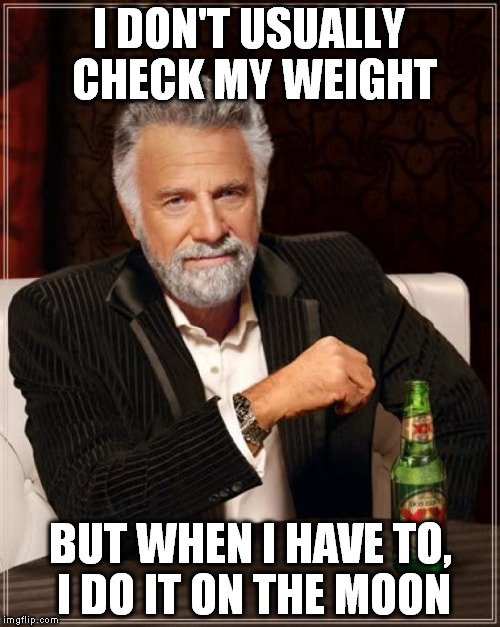
Kia Ora akōnga!
Assessments are over ( phew) so now we continue with our topic. This week we are learning about gravity, mass and weight. This will help you with what you are learning in PE.
As usual, slides will be up on Google classroom with all 3 sessions for the week in it.
This week you have 2 experiments ( lucky you!) and this is to give you a break away from your screens. There is a fun challenge and anti-gravity experiment. I'm also aware you have a few assessments due this week as well.EXPLORE / TŪHURA learning intentions:
- We are EXPLORING our context of Space Run by recognising the difference between mass and weight.
- We are EXPLORING our context of Space Run by connecting our understanding of gravity, mass and weight to our learning in PE and space games.
Success Criteria: I can/have...
- Understand the difference between mass and weight
- Define mass, weight and gravity
Activities:
- Marble run challenge ( create your marble run and take a video to send in )
- Anti-gravity experiment
-

Kia Ora ,
This week we will be looking at the marama ( moon ) and understanding its connection to the tides.
EXPLORE / TŪHURA learning intentions:
- We are EXPLORING our context of Space Run by discovering how the moon moves and what causes its appearance to change
- We are EXPLORING our context of Space Run by connecting our understanding of the moon to its influence on the tides we see here on EarthKia ora...
Success Criteria: I can
- describe some characteristics of Te Marama ( the moon )
- understand how the moon influences the tides on Earth and describe the processes in my own words
Activities:
- MSB video and worksheet are attached to the slides and google activity to be completed
- Brainpop activity on slides
-
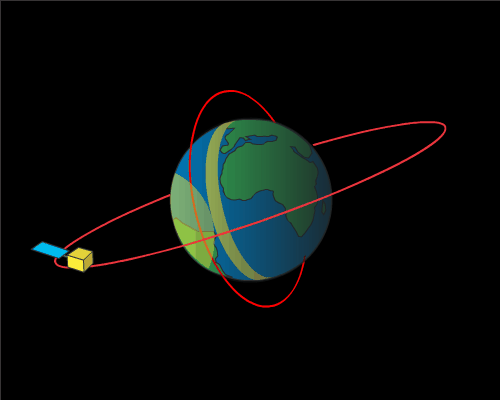
Kia Ora,
This week we will be looking at orbits in space.
As per usual, slides will be released on Google classroom during Session 1 at 8.30am. Follow the instructions and complete the assigned tasks outlined in the slides. This has all 3 sessions for the week so pace yourselves accordingly.
Plan for the week is as follows
Session 1: Brainpop
Session 2: Orbits in Space
Session 3: Sun-dial experiment.FOCUS / ARONGA learning intentions:
- We are FOCUSING on the context of Space Race by adapting our understanding of objects in orbit
- We are FOCUSING on the context of Space Race by explaining how objects orbit in space
Success Criteria: I can/have...
Understand orbits in space and objects travel in space
Describe the difference between natural and non-natural satellites
Activities:
- Brain pop activity
- Sun-dial experiment
-
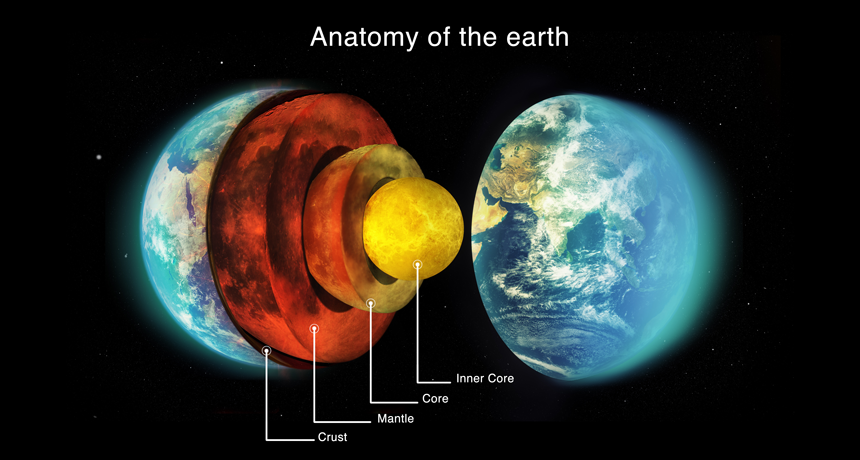
Kia Ora,
This week we will be looking at the Earth's composition and label the different types of rocks.
As usual, slides will be released on Google classroom at 8.30am on the day of your 1st science session.
Plan for the week is as follows:
Session 1: Creating an Earth model activity. During our google meet I will go through a model of the Earth ( a boiled egg) and
explain the layers of the earth. You will then create your own with your chosen model and send a video of this to me.
Session 2: Brainpop activity assigned
Session 3: Edible rock experiment ( with bonus making rain at home experiment and science article optional )
Success Criteria: I can/have...
Describe the layers of the Earth and be able to label a basic diagram
State the different types of rocks
Activities:
- Brainpop
- Edible rocks experiment
- Creating rain at home experiment
- Scientific Article
EXPLORE / TŪHURA learning intentions:
- We are EXPLORING our context of Space Run by investigating the different layers of the Earth and connecting our understanding through our own models at home.
- We are EXPLORING our context of Space Run by classifying the different types of rocks
-
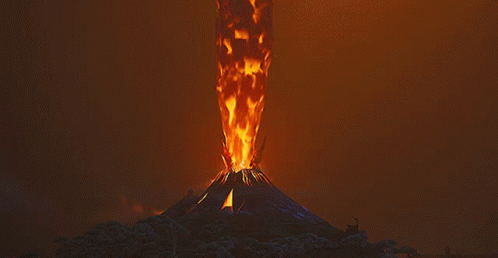
Kia Ora,
This week we will be ending our Earth and Space Science topic by looking at volcanoes. In particular, we will be focusing on the volcanoes present in NZ and will be doing an experiment at home
As usual, google slides will be up on google classroom at 8.30am on the day of your first session of science.
Plan for the week is as follows:
1. If weather allows, a field trip to Māungakiekie ( Dormant volcano in Mt Albert - I will head out and show you during google meet) - If not then a virtual trip in the Auckland museum
2. DIY make your own volcano ( some of our chemistry learning from last term will be useful for this )
Success Criteria: I can/have...
- Understand that some mountains and hills are volcanoes but not all volcanoes look like mountains
- Understand that volcanoes have been built up by eruptions.
- Realise that volcanoes can be
extinct, dormant or active
Activities:
- Virtual museum trip to the volcanoes section
- DIY Volcano experiment
FOCUS / ARONGA learning intentions:
- We are FOCUSING on the context of Space Race by describing the natural aspects of Earth and identifying how volcanoes are created and erupt.
- We are FOCUSING on the context of Space Race by comparing the different types of volcanoes and eruptions

